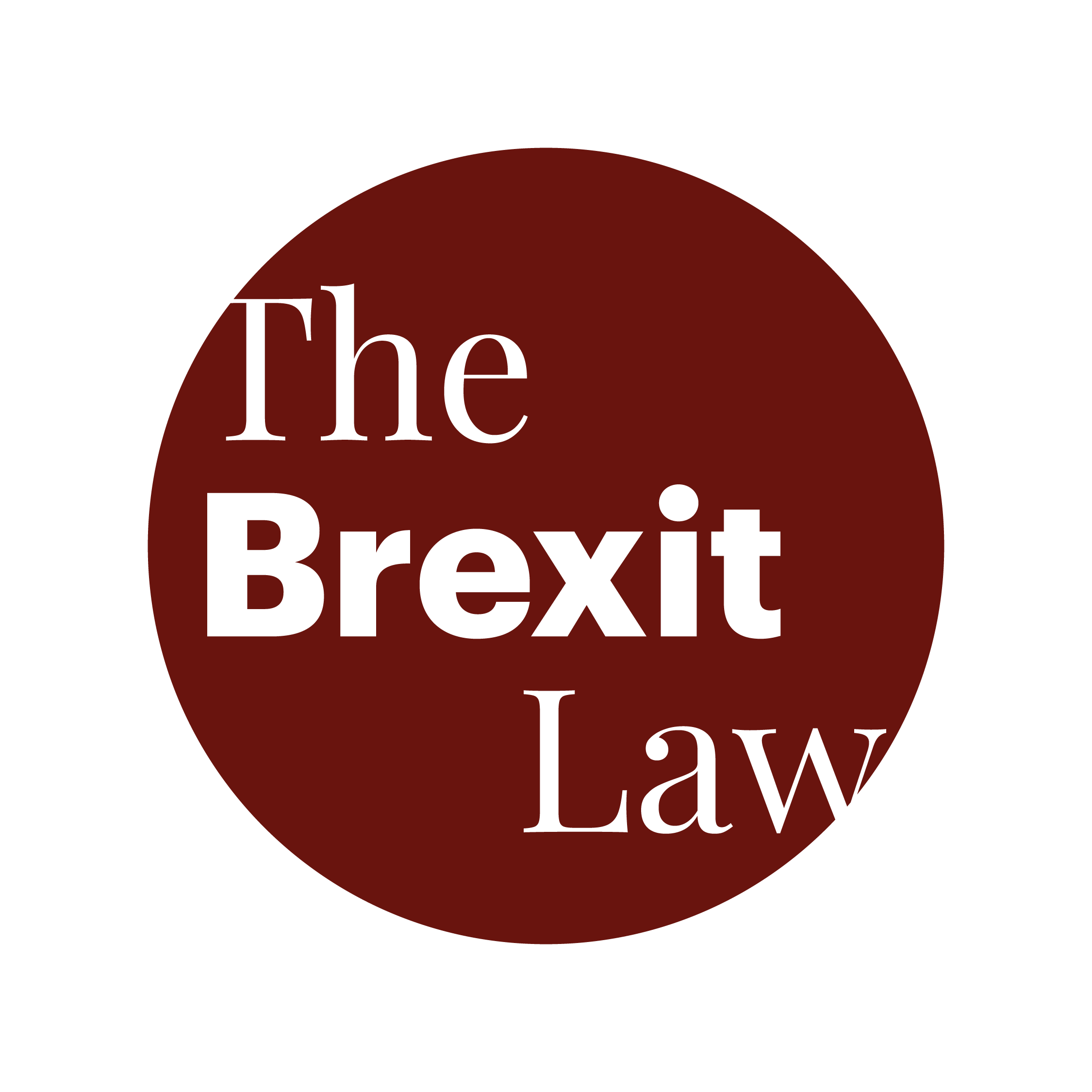A no deal scenario is one where on 01.01.2021 the Unitd Kingdom (UK) leaves the European Union (EU) becoming a third country, without a Withdrawal Agreement and framework for a future relationship in place between the UK and the EU.
The purpose of EU rules in company law framework is to enable businesses setting up anywhere in the EU enjoying the freedom of movement of capital, persons and services, to provide protection for shareholders and other parties with a particular interest in companies, to make businesses more competitive, and to encourage businesses to cooperate over borders.
Below we mention the main changes to be aware of in the event of Brexit in a No Deal scenario.
- European entities formed under EU law.
- uropean economic interest groupings (EEIGs)
- European public limited liability companies, known as ‘societas Europaea’ (SEs)
Following the UK Government guidance, SEs and EEIGs registered in the UK can make alternative configurations before 1 January 2021.
For instance, an SE can convert to a UK public limited company (PLC) if it has:
- had 2 sets of annual accounts approved. (*)
- been registered for at least 2 years
- EEIGs and SEs and can also move their seat of registration from the UK to another EU member state.
Any entities that have not completed the conversion process before the exit day, will automatically converted to a new UK corporate entity.
(*)We understand the last two annual accounts
Cross-border mergers
From 1 January 2021, UK companies will no longer be able to make use of the EU cross-border merger rules. Therefore, any cross-border merger involving a UK and EU company (or partnership) that has not been completed before exit day may fall.
Uk companies who would like to merge with another company outside of the UK will need to transfer liabilities and assets through contractual arrangements. This means following the same process that the UK has currently with non- EEA companies.
EEA companies: Filing and disclosure changes
After exit day, the UK will no longer be part of the EU.
The main changes relating to filing requirements will impact on EU-registered companies which have registered a UK establishment and UK companies who have appointed services from an EU corporate officer. In both cases, those companies will need to provide additional information to Companies House.
The Government is in the process to laying all necessary Statutory Instruments that will ensure the UK´s company law regulations is up to date with the UK´s status outside the EU.
Written by Laura Gallego Herráez.
Read more about Corporate & Commercial.





